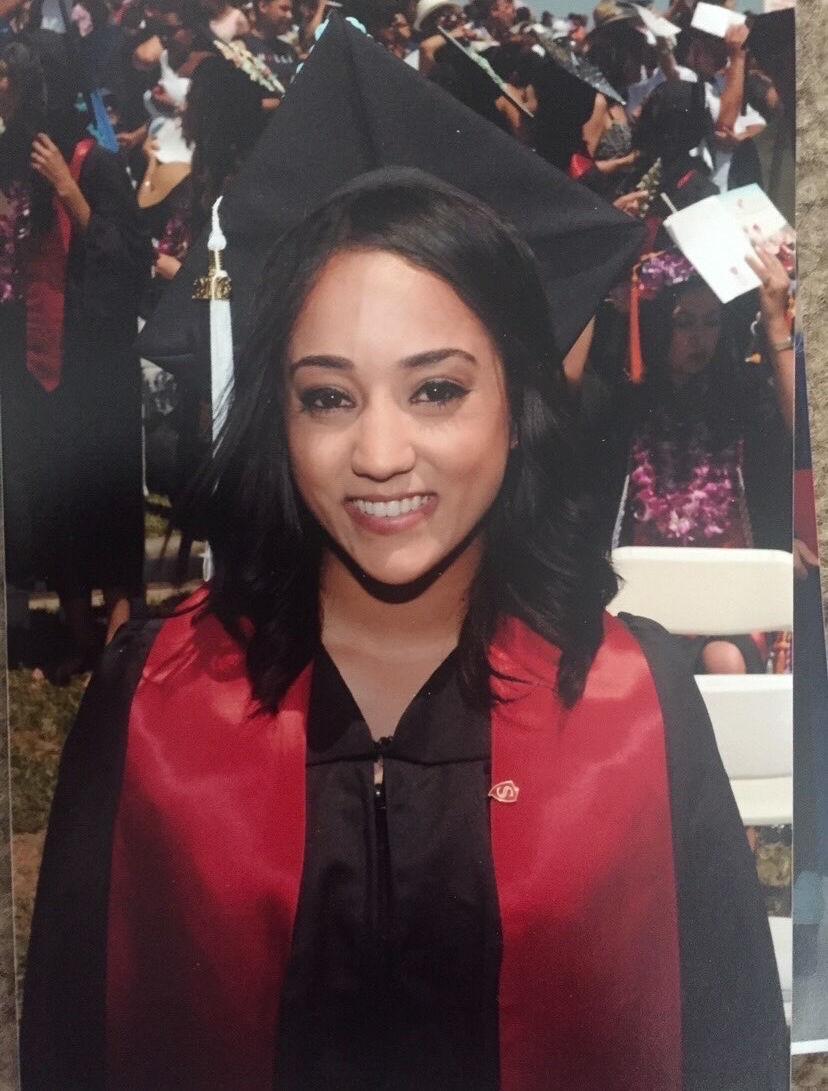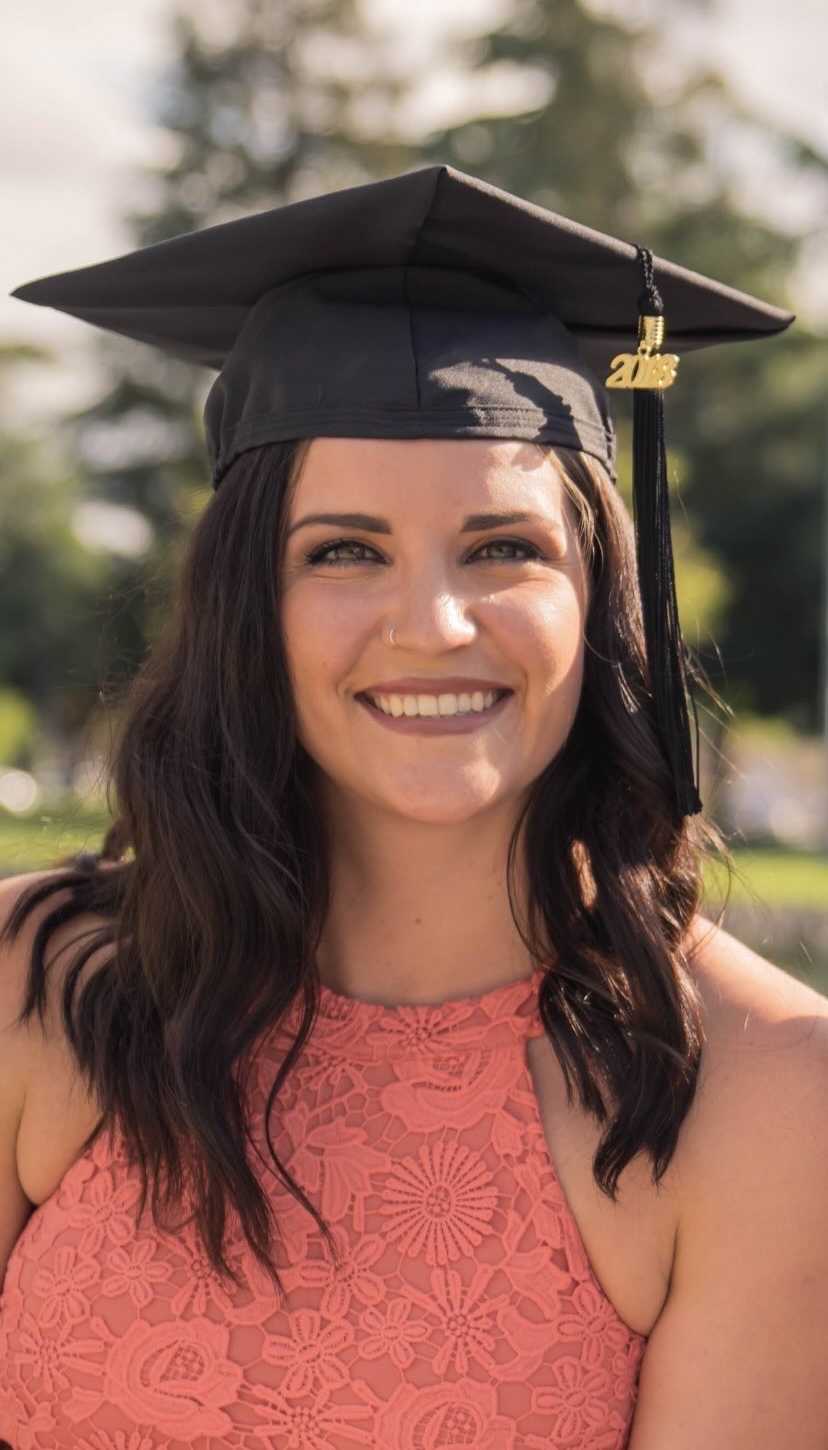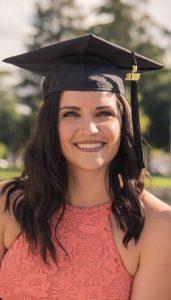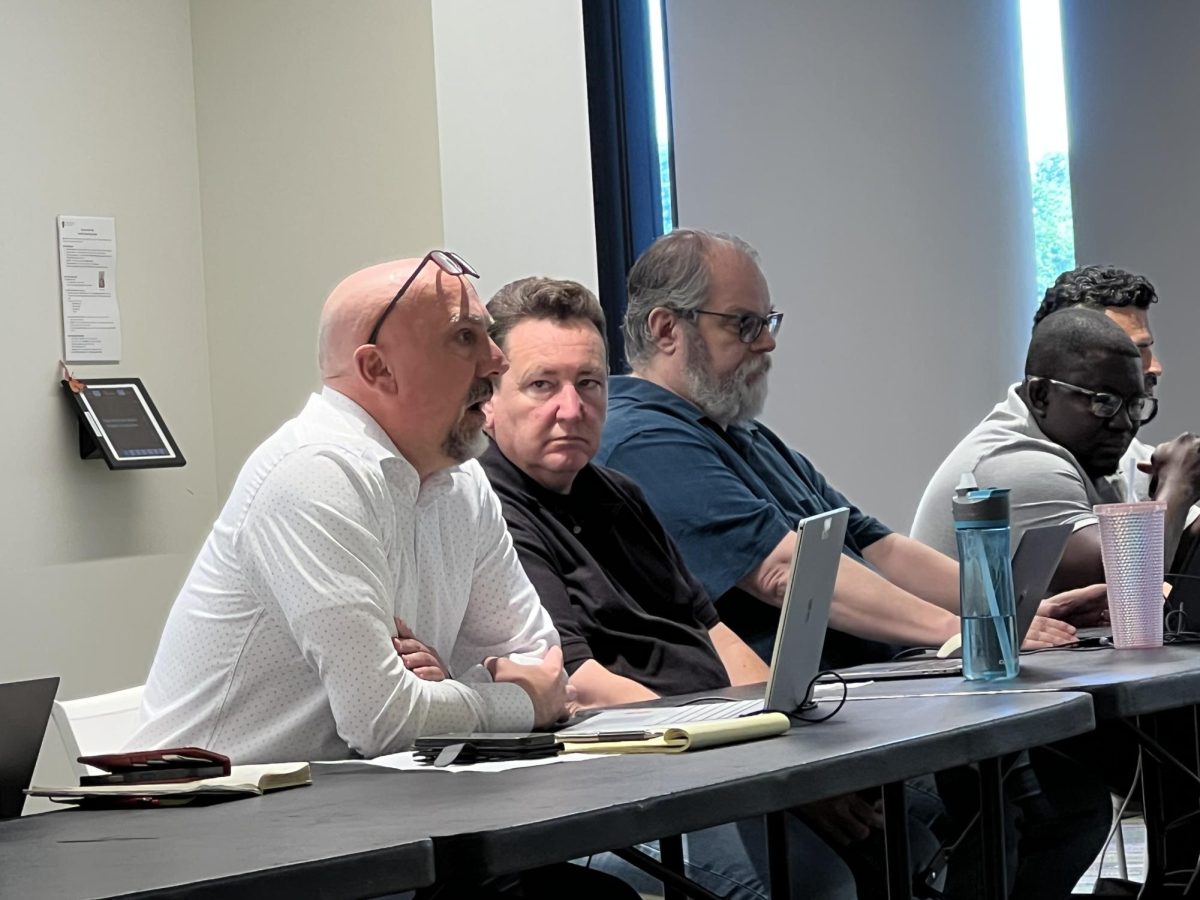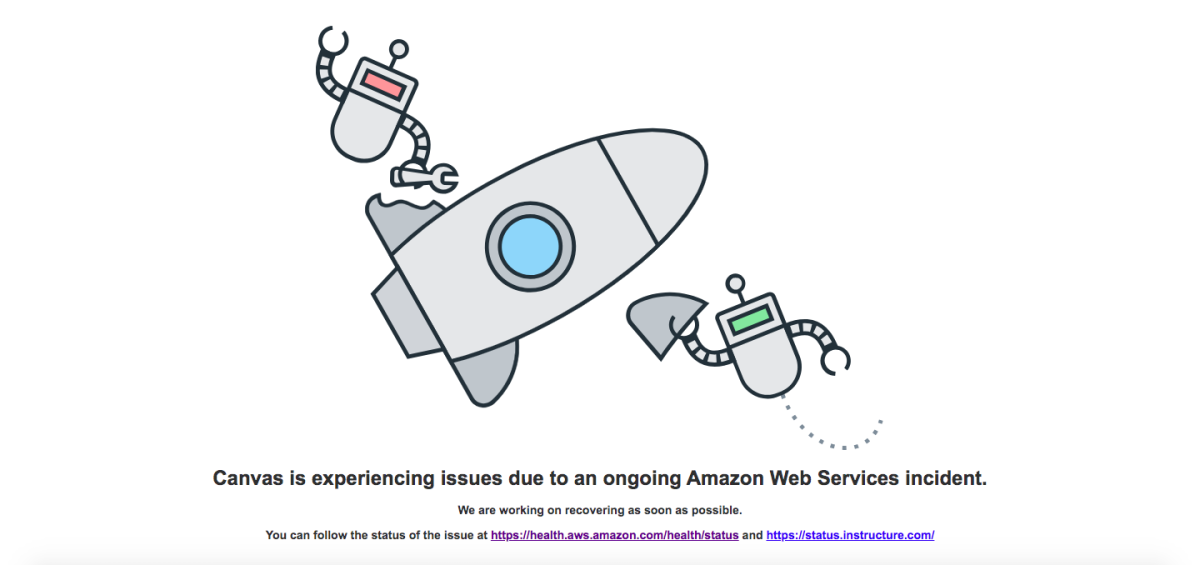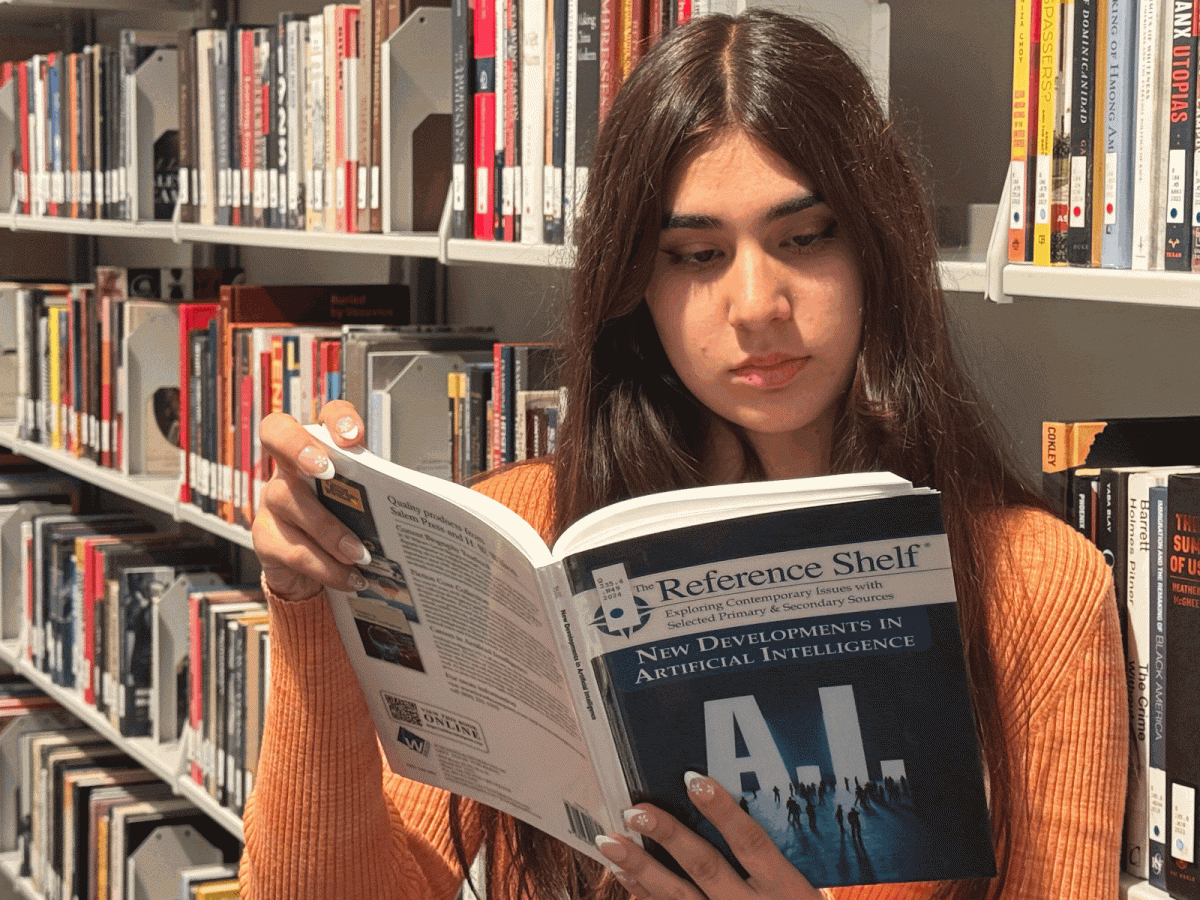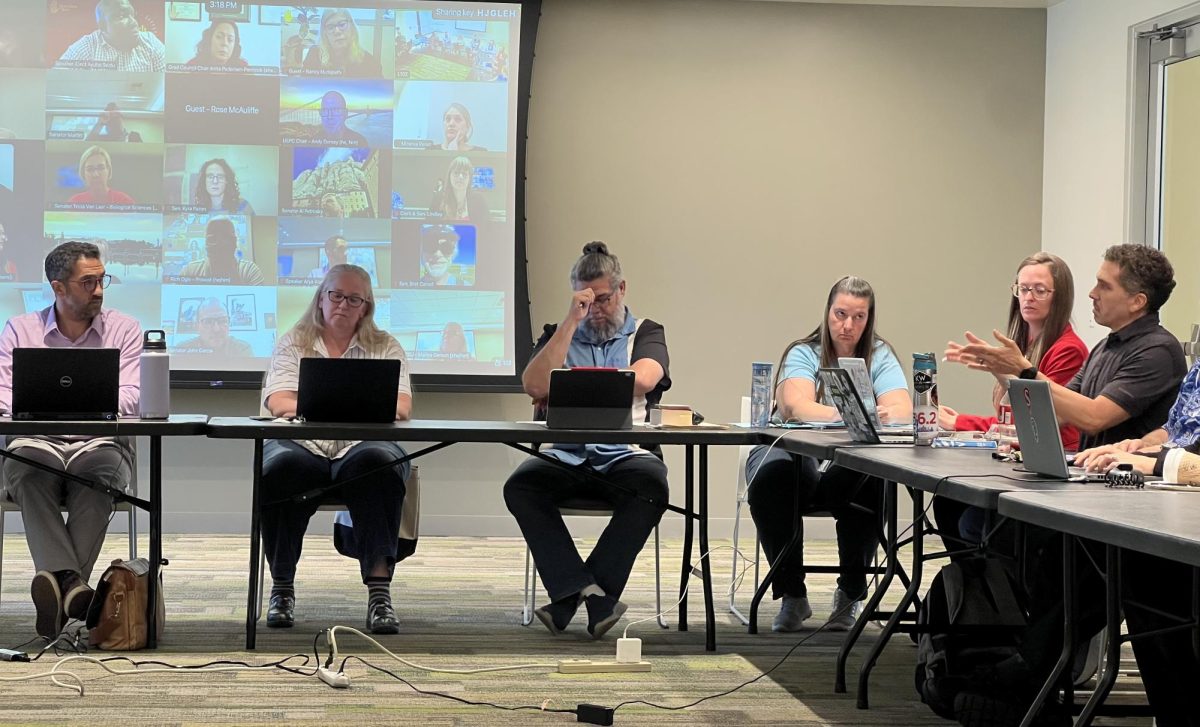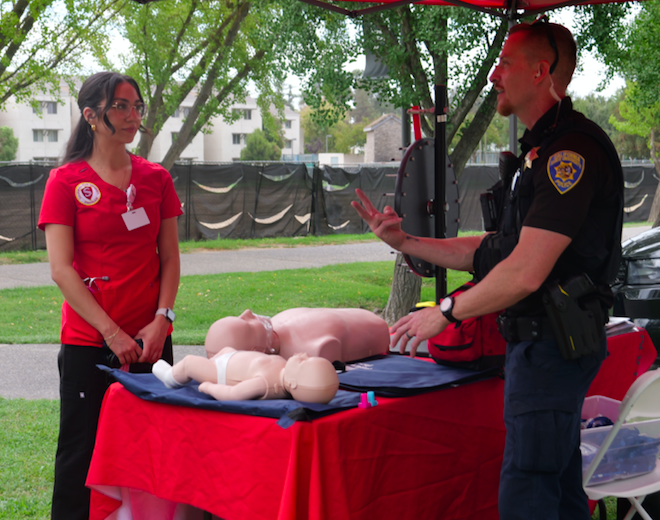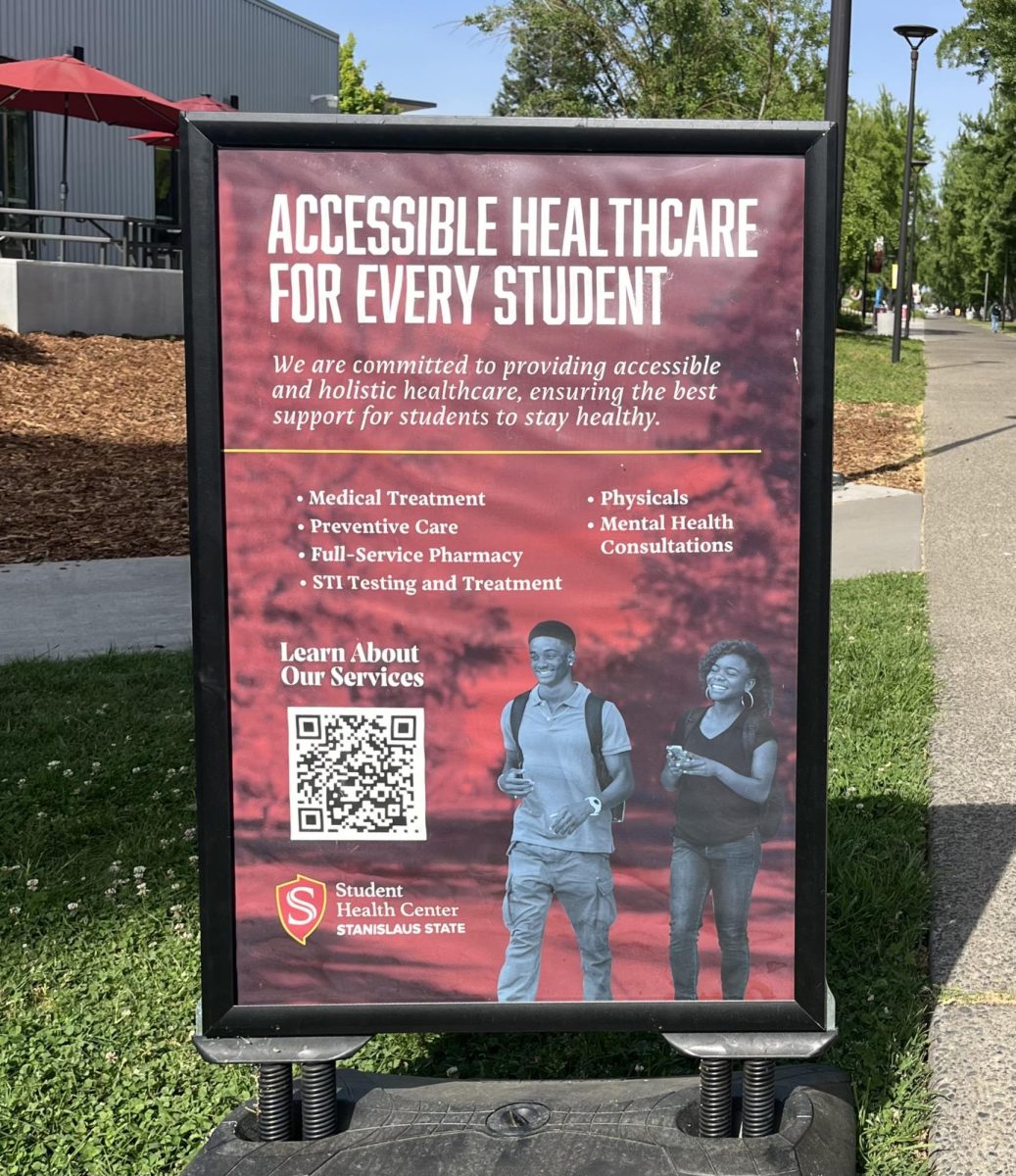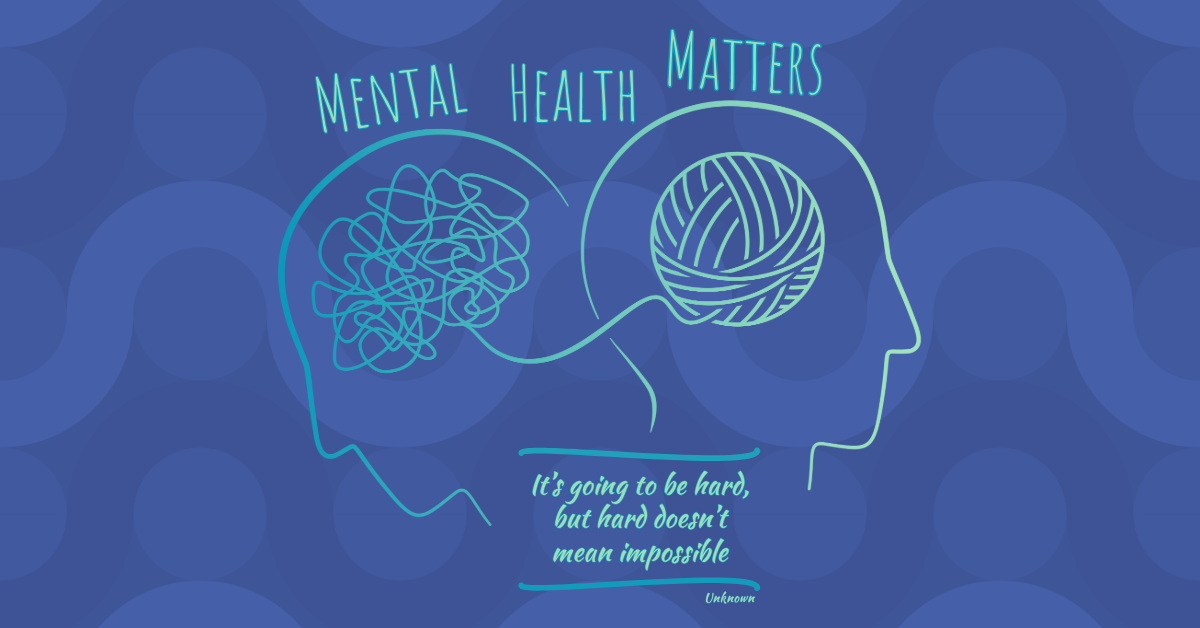The end of every college semester means finals for classes of all sorts. While many professors test students on skills, knowledge, and understanding through the course of the semester, students often seek a proper study routine to help ease the stress of preparing for finals week.
CSU Stanislaus students have developed their own practices and routines over the course of their academic careers, and with the help of professors across campus, a few have shared some hacks and study gimmicks that can help a student successfully conquer and survive finals week in a university atmosphere.
Nisreen Rashid, a professor of Psychology and Child Development started teaching at Stan State in the Spring of 2020. A Stan State alumnus herself, Rashid is not a rookie when it comes to finals week.
“My most efficient study skill was flash cards,” she said. “They just worked really well for me because of the repetition.”
Rashid often used a method of repetition, mostly involving flashcards that were often two-sided. One side with the answer and the adjacent side with the question. Thus, often helping her understand the concept before taking the test.
“If I could go back in time, I would tell myself to utilize and seek out resources,” she said. “The university and professors are great resources to provide support and ease the stress of midterms.”
Rashid urges students to take accountability and utilize the resources we have on campus, whether it be study hall, library hours, or simply extended conversations with professors and peers.
“What makes a good student is simply trying your best and being honest,” she said. “As long as you put your best foot forward and are honest about your weaknesses/areas of need, you have the potential to make it through.”
Rashid hopes every student stays disciplined during the week and simply does their best.
Having a counterpart professor in the same department often leads to different teaching styles and often different beliefs about effective study practices.
Caitlin (Fran) O’Connor, also a professor of Child Development and Psychology, shares an alternate approach that may be effective for students.
“The studying skill I found to be most effective was writing out my notes and saying stuff out loud,” she said. “I would tell myself to relax and trust that I know more material than I think.”
As O’Connor studied for finals, the notes and detailed lectures always provided a sense of guidance for test preparation and no question was a question not worth asking.
Students such as Arely Garcia (junior, Education) hope to prosper during finals this year. As the years and units continue to reach the amount needed to graduate, the realization of dropping a whole letter grade due to a failed final is a possible occurrence.
But Garcia has developed a healthy study routine which she hopes will help her to continue to succeed and prosper this upcoming semester.
“I have studied using flashcards, adapted to the environment in which puts me in the right mindset to take the test comfortably and a recollection of class notes prior to an exam, let alone a final,” she said.
Like Rashid, Garcia has used the flashcard approach. It seems like handwork is paying off, as she has achieved a spot on the dean’s list at the time of this article.
“I’m always open to new study methods, and a change in repetition can be beneficial as it breaks old methods and develops new and effective ones,” she said.
If you have any questions regarding testing advisory, Stan State Students can seek guidance and help from professors across campus.

